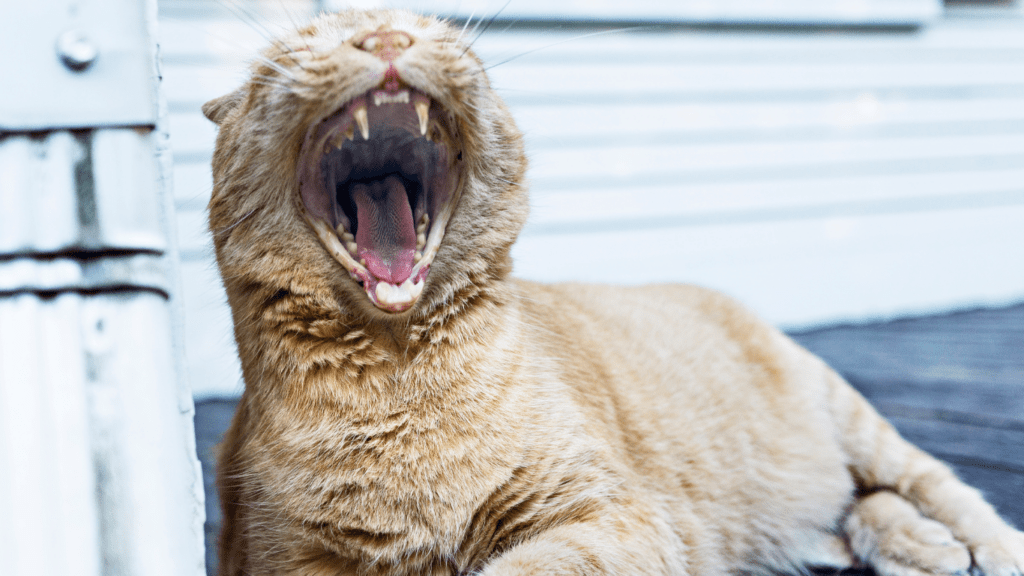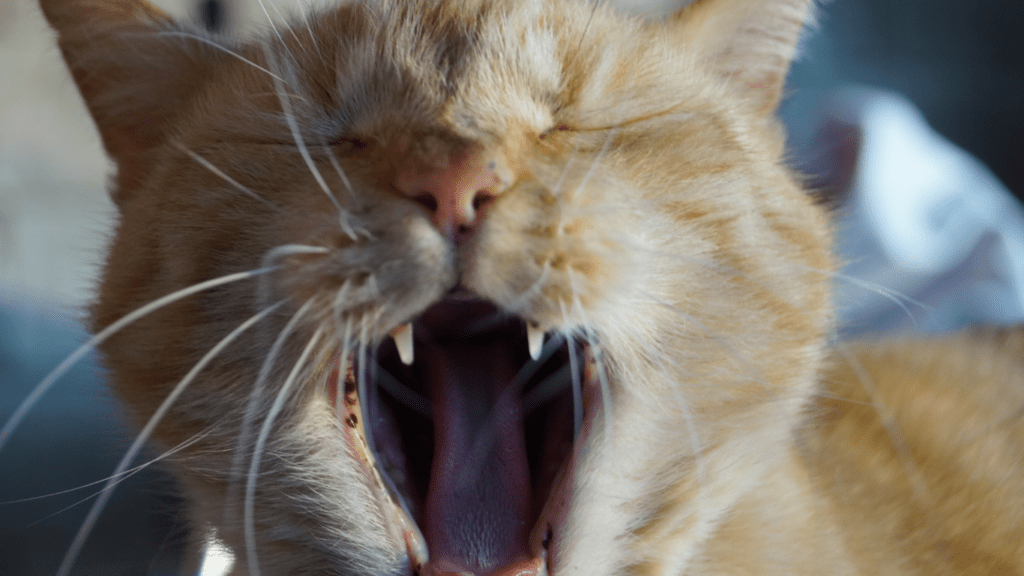As a pet owner, ensuring your furry friend’s overall well-being includes taking care of their dental health. I know firsthand how crucial it is to maintain your pet’s oral hygiene to prevent potential health issues down the line. In this article, I’ll share some effective tips on how you can improve your pet’s dental health right at home.
From daily brushing techniques to choosing the right dental treats, there are simple yet impactful ways to keep your pet’s teeth and gums healthy. I’ll guide you through easy-to-follow steps that can make a significant difference in your pet’s oral care routine. Let’s dive into these practical strategies to help your pet maintain a sparkling smile and optimal dental hygiene.
Understanding Pet Dental Health
To ensure my pet’s overall well-being, dental health is a critical aspect that deserves attention and care. Just like humans, pets can suffer from dental issues that may lead to pain, infections, and other complications if left unchecked. Understanding the basics of pet dental health can help me take proactive measures to prevent such problems and keep my furry friend happy and healthy.
Maintaining my pet’s dental health involves more than just fresh breath; it’s about preserving their teeth and gums to prevent periodontal disease and other dental issues. By grasping the fundamentals of pet dental care, I can establish a solid foundation for a comprehensive oral hygiene routine that supports my pet’s overall health and quality of life.
Regular dental check-ups are essential to monitor my pet’s oral health status and address any emerging concerns promptly. As a responsible pet owner, I play a crucial role in preventing dental problems by staying informed, proactive, and attentive to my pet’s dental care needs. Taking a proactive approach to my pet’s dental health can lead to a lifetime of healthy smiles and happy wagging tails.
Importance of Dental Health in Pets
Understanding the importance of dental health in pets is crucial for their overall well-being. As a responsible pet owner, I recognize that proper dental care plays a significant role in maintaining my pet’s health. Ignoring dental hygiene can lead to various oral issues, including tartar buildup, gum disease, and even tooth loss.
Regular dental care is not just about fresh breath and clean teeth; it’s about preventing potential health problems that can impact my pet’s quality of life. Just like humans, pets need routine dental care to prevent dental issues and maintain their overall health. By prioritizing their dental health, I can help my furry companion lead a happier and healthier life.
Dental problems in pets can extend beyond oral discomfort and can contribute to systemic health issues if left untreated. Poor dental health can lead to infections that may affect vital organs such as the heart, liver, and kidneys. Understanding the correlation between dental hygiene and overall health motivates me to be diligent in caring for my pet’s teeth and gums.
Regular dental check-ups are essential for early detection of dental problems in pets. During these examinations, veterinarians can identify issues like periodontal disease, oral tumors, and fractured teeth. Detecting these problems early not only prevents pain and discomfort for my pet but also saves on potential costly treatments in the long run.
Maintaining good dental health in pets is not just a matter of aesthetics; it’s a vital aspect of their overall health and well-being. By being proactive in caring for my pet’s teeth and gums, I can ensure they have a comfortable and healthy life.
Establishing a Dental Care Routine
To establish a dental care routine for your pet is crucial for their overall well-being. Ignoring their dental health can lead to serious issues like periodontal disease, impacting not only their teeth but also causing potential systemic health problems. As a responsible pet owner, it’s essential to prioritize your pet’s dental hygiene to ensure they lead a comfortable and healthy life. Regular dental check-ups play a significant role in the early detection of dental problems such as periodontal disease and oral tumors, emphasizing the proactive role pet owners play in maintaining their pets’ dental health.
Brushing Your Pet’s Teeth
Brushing your pet’s teeth daily is one of the most effective ways to maintain their dental health. It helps remove plaque and prevent tartar buildup, reducing the risk of dental issues. Using a pet-specific toothbrush and toothpaste is essential to ensure their safety and effectiveness. Introducing tooth brushing gradually and using positive reinforcement can make the process easier for both you and your pet. Consult your veterinarian for guidance on proper brushing techniques and suitable dental products for your pet’s specific needs.
Providing Dental Chews and Toys
In addition to brushing, providing dental chews and toys can help supplement your pet’s oral hygiene routine. Dental chews and toys are designed to promote chewing, which can help clean your pet’s teeth and freshen their breath. Choose products that are recommended by veterinarians and suitable for your pet’s size and chewing habits. Regularly inspect and replace chews and toys to ensure they remain safe and effective. Incorporating dental chews and toys into your pet’s routine can be a fun and engaging way to support their dental health between brushings.
Signs of Poor Dental Health in Pets
Ensuring the dental health of our pets is essential for their overall well-being. Neglecting their oral hygiene can lead to various issues, including periodontal disease and systemic health problems. As a responsible pet owner, it’s crucial to be aware of the signs indicating poor dental health in our furry companions. Here are some key indicators to watch out for:
- Persistent Bad Breath: If your pet has consistently bad breath, it could be a sign of dental problems. Foul odors are often associated with tartar and plaque buildup in the mouth, indicating the need for dental care.
- Visible Tartar and Discoloration: Check your pet’s teeth regularly for yellow or brown deposits, which are signs of tartar accumulation. Discoloration or dark spots on the teeth may indicate decay or infection that requires prompt attention.
- Red or Inflamed Gums: Healthy gums should be pink and firm. Red, swollen, or bleeding gums are early indicators of gum disease, a common dental issue in pets that can lead to pain and tooth loss if left untreated.
- Difficulty Eating or Dropping Food: Pets experiencing pain or discomfort in their mouths may struggle to chew their food properly, leading to a loss of appetite or reduced food intake. Dropping food while eating could signal tooth pain or oral problems.
- Excessive Drooling: While some drooling is normal for certain breeds, excessive drooling in pets can be a sign of dental issues like mouth infections or gum disease. Monitor your pet’s drooling patterns to detect any unusual changes.
- Pawing at the Face or Mouth: If your pet frequently paws at their face or mouth, it could indicate oral discomfort. Pets may exhibit this behavior to alleviate pain or irritation caused by dental problems.
Recognizing these signs of poor dental health in pets is crucial for early intervention and treatment. Regular dental check-ups and prompt attention to any symptoms can help maintain your pet’s oral hygiene and prevent serious dental issues in the long run.
Professional Dental Care for Pets
When it comes to professional dental care for pets, I rely on expert veterinarians to ensure my furry friend’s oral health is in top shape. Veterinarians play a crucial role in maintaining pets’ dental hygiene through professional cleanings and assessments. It’s essential to schedule regular dental check-ups with a vet to monitor your pet’s dental health and address any potential issues promptly.
During a professional dental cleaning, the vet will perform a thorough examination of your pet’s teeth, gums, and mouth. They will remove plaque and tartar buildup, which can lead to gum disease and other oral health problems. Vets use specialized tools and techniques to clean your pet’s teeth effectively, including scaling and polishing to ensure a thorough clean.
In addition to cleanings, veterinarians can also perform dental X-rays to assess the health of your pet’s teeth below the gumline. This helps identify any hidden issues such as tooth decay, fractures, or infections that may not be visible during a regular examination. Dental X-rays are a valuable tool in diagnosing and treating dental problems in pets.
Moreover, if your pet requires more advanced dental care, such as extractions or oral surgery, veterinarians are equipped to perform these procedures safely. They will provide the necessary post-operative care instructions to ensure your pet recovers comfortably and maintains good oral health.
Consulting a vet for professional dental care is a proactive approach to ensuring your pet’s teeth and gums stay healthy. By partnering with a veterinary professional, you can address any dental issues early on and prevent them from escalating into more serious problems. Remember, your pet’s oral health is a crucial aspect of their overall well-being, and professional dental care is key to keeping their smiles bright and healthy.




 Eve Buttenshaw is a wellness expert and contributor to My Healthy Living and Strategies, where she brings her extensive knowledge of mental health, nutrition, and holistic well-being to the forefront. Eve’s passion for empowering individuals to live healthier, more mindful lives is reflected in her thoughtful and informative content.
Eve Buttenshaw is a wellness expert and contributor to My Healthy Living and Strategies, where she brings her extensive knowledge of mental health, nutrition, and holistic well-being to the forefront. Eve’s passion for empowering individuals to live healthier, more mindful lives is reflected in her thoughtful and informative content.